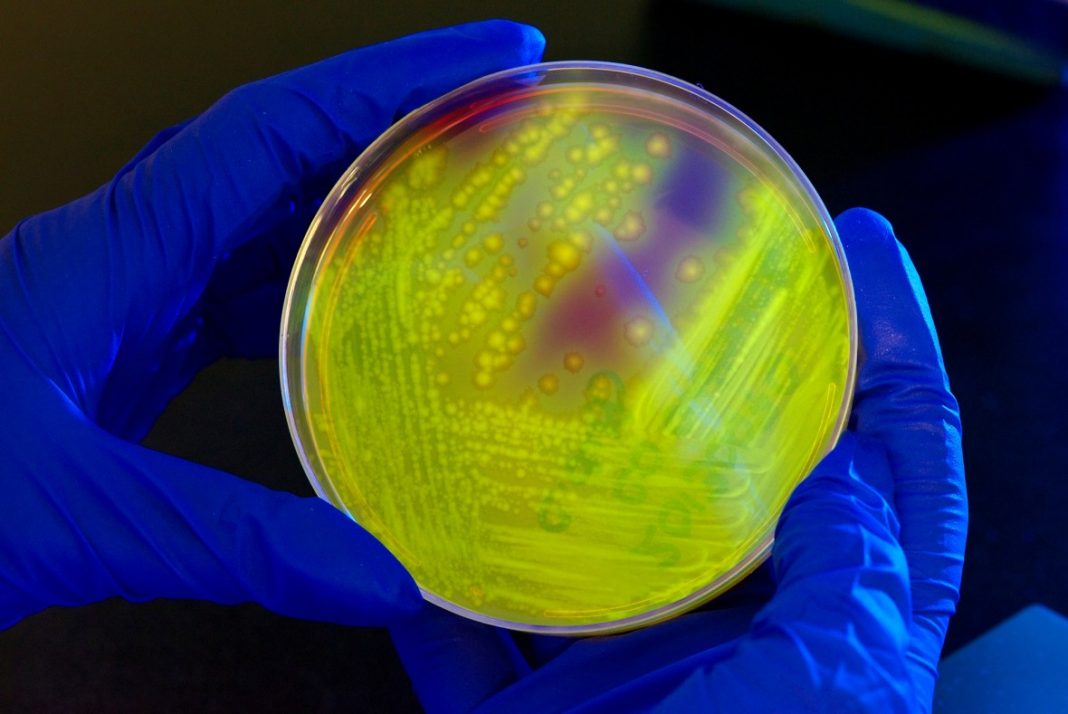A bacterium like *Clostridium difficile is causing fatalities in U.S. hospitals and nursing homes and is becoming a real concern as antibiotic resistance continues to grow. *C. difficile is currently one of the top drug-resistant threats to hit the U.S. and is responsible for the deaths of around 15,000 people per year. While various avenues have been explored in which to try and combat this issue, the most recent come from a project funded by the National Institute of Health and comes in the form of a CRISPR pill.
The proposed **CRISPR treatment would be administered in the form of a pill or liquid. It would be based on the same methods used now and with the success, it’s already had **CRISPR is already being dubbed as the world’s most precise and efficient gene editing technology. The probiotic cocktail will include a bacteriophage, which is essentially a virus that infects bacteria and is capable of transmitting a unique, false CRISPR message to C. difficile. The result of this would see *C. difficile making lethal cuts to its own DNA.
But, it’s still very early days for this wonder treatment and according to Van Pijkeren, it hasn’t even been tested on animals yet. “The downside of antibiotics is they are a sledgehammer that depletes and destroys the gut microbial community,” said Van Pijkeren. “You want to instead use a scalpel in order to specifically eradicate the microbe of interest.”
**CRISPR is a popular solution as treatment would be customized to the user giving a much better chance of recovery. A single species of a germ could be eradicated without harming any good bacteria in the process. It may be a long way off from becoming the next best bacteria-killing technology, but it gives thousands of people hope even so.
Related Links;
- A New “CRISPR Pill” Makes Bacteria Destroy Its Own DNA / Futurism
- Antibiotic alternatives, delivered by friendly microbes / University of Wisconsin
- Edible CRISPR Could Replace Antibiotics / MIT News
*Clostridium difficile infection (CDI) is a symptomatic infection due to the spore-forming bacterium, Clostridium difficile. Symptoms include watery diarrhea, fever, nausea, and abdominal pain. It makes up about 20% of cases of antibiotic-associated diarrhea. Via Wikipedia
**Clustered regularly interspaced short palindromic repeats (CRISPR, pronounced crisper) are segments of prokaryotic DNA containing short, repetitive base sequences. These play a key role in a bacterial defense system,[3] and form the basis of a genome editing technology known as CRISPR-Cas9 that allows permanent modification of genes within organisms. Via Wikipedia
More News to Read
- NASA’s Cassini Spacecraft Has Nearly Depleted the Fuel Reserves
- The Quantum Communication Revolution and Extraterrestrial Intelligence
- Google’s Machine Translation Can Directly Transcribe Foreign Speech
- Space is Cold, But If You Move Faster, Does Space Heat Up?
- Can An Object Ever Give Rise to a Naked Singularity?











